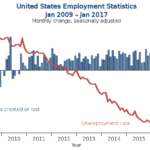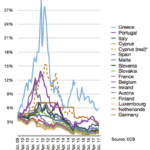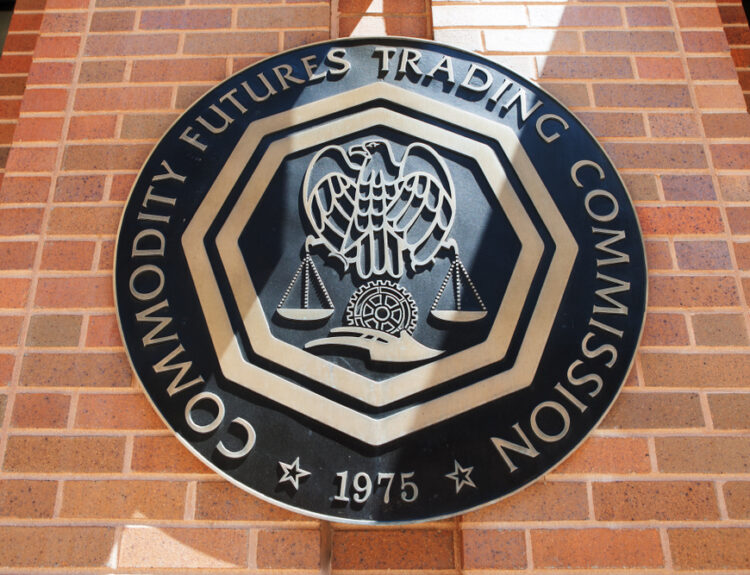Foreign influence operations are evolving as the election approaches.
- Russian trolls are increasing their social media efforts ahead of the U.S. presidential election.
- A network of fake accounts targeted influential figures like Elon Musk and Donald Trump Jr.
- The aim is to spread divisive content and weaken support for Ukraine.
- U.S. officials have linked these activities to Russia’s Federal Security Service (FSB).
- The tactics have shifted from high-investment accounts to low-quality, high-volume spam.
- Both Russia and Iran are reportedly trying to influence the upcoming election.
- The U.S. intelligence community warns of a serious foreign-influence threat.
As the 2024 U.S. presidential election approaches, Russian trolls are intensifying their efforts on social media platforms, particularly X (formerly Twitter). Following Elon Musk’s acquisition of Twitter in late 2022, a Russian intelligence agency attempted to engage with Musk and other influential figures like Donald Trump Jr. through humorous replies, but their attempts largely went unnoticed. This marks a shift in strategy for Russian operatives, who are now focusing on low-quality, high-volume spam tactics to spread divisive narratives and undermine support for Ukraine. nnA recent review by the Wall Street Journal revealed that a network of fake accounts, often posing as Americans, targeted prominent political figures and media influencers by replying to their posts. The U.S. Justice Department has identified nearly 1,000 accounts linked to a bot farm operated by Russia’s Federal Security Service (FSB), although most of these accounts have since been removed. nnResearchers from Clemson University analyzed data from these accounts, revealing that they aimed to interact with high-profile users to amplify their messages. Despite their efforts, these accounts failed to gain significant visibility or engagement. The data indicates a strategic pivot from creating convincing personas to rapidly generating low-quality accounts that can be easily replaced if detected. nnU.S. intelligence officials have warned that both Russia and Iran are actively working to influence the election, with Russia particularly focused on promoting divisive narratives and targeting swing state voters. The Kremlin has denied any involvement in foreign election meddling, while the U.S. continues to bolster its defenses against such operations. As Election Day nears, experts anticipate an increase in these tactics, reflecting a broader trend of foreign influence in American politics.·
Factuality Level: 7
Factuality Justification: The article provides a detailed account of foreign influence operations on social media, particularly focusing on Russian activities. It includes specific examples and references to credible sources, such as the U.S. Justice Department and researchers from Clemson University. However, it contains some opinionated statements and could benefit from a more balanced presentation of perspectives, particularly regarding the implications of these operations. Overall, while it presents factual information, the presence of bias and some sensational elements affects its overall factuality.·
Noise Level: 7
Noise Justification: The article provides a detailed analysis of foreign influence operations on social media, particularly focusing on Russian tactics ahead of the U.S. presidential election. It includes evidence from research and official statements, holding powerful entities accountable for their roles in these operations. However, while it stays mostly on topic, some sections could be seen as repetitive or overly detailed without adding significant new insights.·
Public Companies: X Corp. (N/A)
Key People: Elon Musk (Owner of X Corp.), Donald Trump Jr. (Political figure), Tucker Carlson (Former Fox News host), Vladimir Putin (President of Russia), Mark Warner (Democratic chairman of the Senate Intelligence Committee), Jack Dorsey (Co-founder of Twitter), Darren Linvill (Social-media researcher at Clemson University)
Financial Relevance: No
Financial Markets Impacted: The article discusses foreign influence operations on social media, particularly related to the U.S. presidential election, but does not directly impact financial markets or companies.
Financial Rating Justification: The content primarily focuses on political influence and misinformation tactics rather than financial topics or market impacts.·
Presence Of Extreme Event: No
Nature Of Extreme Event: No
Impact Rating Of The Extreme Event: No
Extreme Rating Justification: The article discusses foreign influence operations on social media but does not report on any extreme event that occurred in the last 48 hours.·
Move Size: No market move size mentioned.
Sector: All
Direction: Down
Magnitude: Large
Affected Instruments: Stocks
 www.wsj.com
www.wsj.com 





